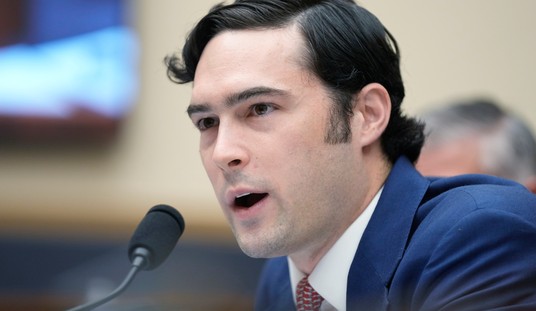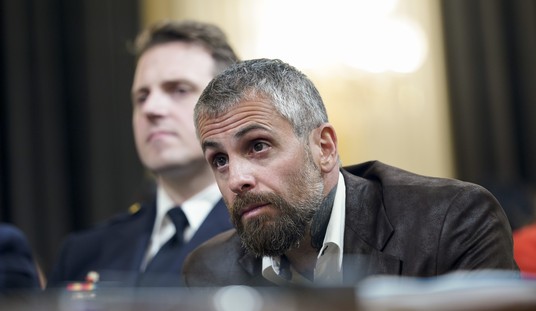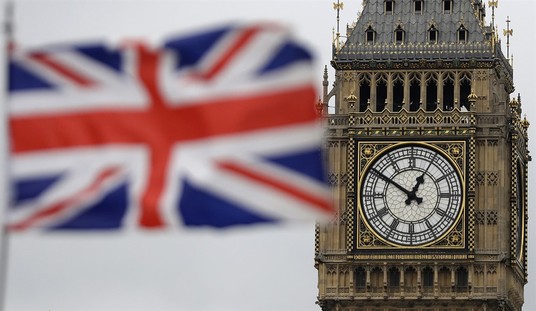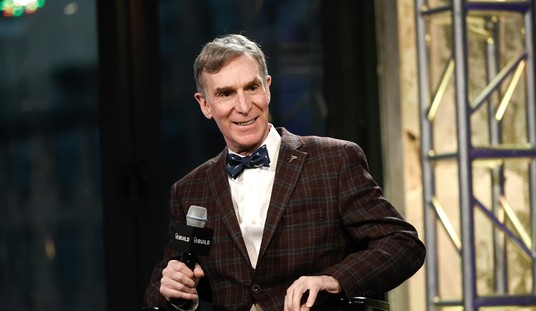In the past few weeks, the nation has gone through some major, societal chaos.
The country’s attention has been transfixed on discussions of sexual abuse, innocence, trauma, compassion, and guilt. Two individuals, Dr. Christine Blasey Ford, and Judge Brett Kavanaugh, have been thrust into the spotlight. They’ve both experienced their share of ridicule, harassment, and threats. They’ve both been asked painful questions and we, as Americans, have reached our own conclusions.
Personally, I find Dr. Ford to be a traumatized individual. I don’t question whether she’s been abused or assaulted in the past in some way. However, according to the plain evidence before us, Judge Brett Kavanaugh does not at all appear to have been her attacker. Emotions are not fact. Suspicion is not guilt.
As I’ve watched everything unfold I have stopped to wonder more than once, “What does this eventually mean for my son?”
I’m the blessed mother of an energetic toddler boy who has brought so much joy to my life. Obviously, he is several years away from dating and meaningful romantic interactions, but that truth makes me all the more concerned. If we live in a time when women are instantly believed and men are automatically guilty, then what will the environment look like in 12-15 years?
When claims of sexual abuse and assault are made, they should be taken seriously. We owe it to males and females to consider these situations through an untainted lens and allow the facts to dictate the conclusion. There is simply no other option.
The way that things stand right now, the scales are tipped toward labeling men as guilty with no pause for the truth. The Patriarchy is a force that must be defeated and all males are to blame for sexual crimes whether they’ve committed them or not. Their inclusion in a group that so obviously sees women as nothing more than objects makes them, at the very least, an accomplice. At least, that’s what we’re told.
One major talking point that we hear repeated is the claim that 1 in 5 women will be sexually assaulted during their college years. Ashe Schow over at The Daily Wire has written extensively about sexual crimes. In a recent piece, she debunked several of the myths surrounding these statistics.
Studies purporting to find such an astronomical amount of sexual violence on college campuses (numbers thousands of times higher than war-torn Congo or Detroit, America’s most dangerous city) suffer from many of the same flaws. They are often not nationally representative, are produced by women’s organizations determined to find women as oppressed victims in America, and are self-reported — a notoriously unreliable form of data.
The studies are often voluntary, meaning response bias could play a role as those who believe they are sexual assault victims (rightly or wrongly) may be more inclined to participate than those who don’t think the survey is about them.
Researchers don’t ask students directly if they are sexual assault victims but ask about a broad range of behaviors, such as “unwanted” behaviors that are open to interpretation, as being asked out by someone one doesn’t like could be considered “unwanted” even though it is in no way sexual assault or harassment. The researchers then determine that if students responded “yes” to any of these questions, it means they must have been sexually assaulted.
And false rape allegations?
The truth is, we don’t know how many accusations are truly false, and even if we did, one can’t walk into an investigation assuming they already know the answer.
We’re often told that “just” 2% to 10% of rape accusations are false. College administrators are told this when “trained” on how to handle accusations of sexual assault. The implication is clear: Women just don’t lie about rape, so nine times out of ten, you’d be safe in assuming the accused is guilty.
But that statistic is wildly misleading, as it only applies to accusations made to police that are proven false. Proving a negative is often impossible, especially in a “we had sex but it was consensual” situation. On college campuses, there is no punishment for a false accusation and thus no fear, as there is with lying to the police.
Here’s the bottom line: I want as much consideration given to female victims of sexual assault as I want for men who are accused of same. Assuming one or the other – devoid of evidence – is extremely dangerous.
In 2018, it would not take much for any woman to make false claims against any man. As a female, I am acutely aware of the power that I hold. Men are aware of it, too. I’ve spoken with male friends and family members who are upstanding individuals and show consistent respect to women. But there is a growing concern that they are not safe from accusations. This isn’t because they are predators; it’s because they know that a disgruntled romantic partner or female colleague only needs to point the finger of blame in their direction to dramatically and permanently impact their life for the worse.
Is this what we want in the #MeToo era? Should women feel completely powerful and men feel completely powerless? When it comes to sexual ethics, one side dominating the other is never a good thing.
It seems as if the “woke” thing to do is go along with the idea of blind belief. If we point to the facts and question the accusation, then we’re cold-hearted, anti-woman (as I’ve been told), and stuck in a previous era where women had no voice whatsoever. But this is just more of the same, emotional thinking.
There are many good men. They look at Harvey Weinstein and other predators with horrified disdain. They are angry because they, too are husbands, lovers, and brothers. The innate desire to protect women is rooted deep within. True masculinity is the opposite of the behavior they see before them.
As the mother of a growing, curious little boy, I aim to raise him with a deep respect for others, male and female. I want him to step in as a defender of the innocent. I want him to be a strong and brave, focused and resolute.
He should never feel the need to apologize for his masculinity. He should not be afraid of existing as the male God created him to be.
But as I look around, I can’t help but feel that one day, he may be forced to do both.
Kimberly Ross is a senior contributor at RedState and a contributor to the Washington Examiner’s Beltway Confidential blog. Follow her on Twitter and Facebook.













Join the conversation as a VIP Member